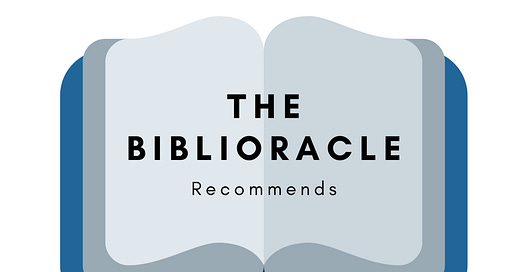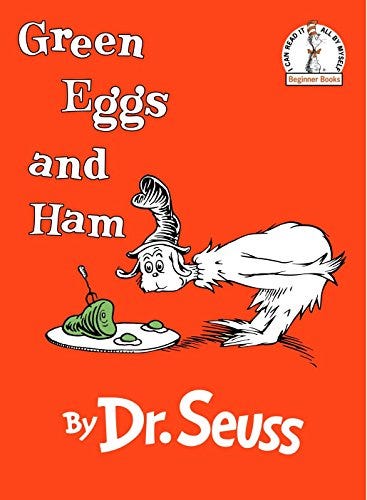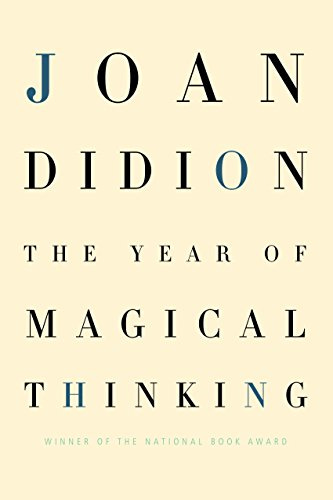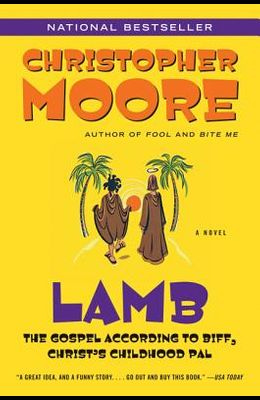Recommendations 3/07/2021: I'm a Real Columnist This Week!
The Dr. Seuss controversy gave me a chance to leap into action.
There is a distinction between being a guy who has a column published in the newspaper every week (me), and a real newspaper columnist, and this week, I got to pretend I was a real newspaper columnist by leaping into action on a hot topic.
The “controversy” over the decision of Dr. Seuss Enterprises to stop printing six of its lowest selling books erupted on Tuesday morning, and by Tuesday noon, I’d filed my copy. By Tuesday afternoon, it was on the Internet. It’s printed in the Sunday paper. Normally, I work at least a week ahead of the online appearance of the column and 10 days ahead of the print edition, but in this case: bing, bang, boom. By Thursday, I was a panelist on a discussion of the controversy on WBEZ’s Reset, weighing in like I’m some kind of authority who deserves to be listened to or something.
It was fun. I urge you to listen to the Reset segment because it shows how much discussion and thought there has been around these topics in the children’s books and librarian community, like years of discussion. None of this is knee-jerk or thoughtless. The inquires around race and stereotypes in children’s literature is a rich field of academic study. Philip Nel, a professor at Kansas State has been studying these things for many years, and the upshot of this kind of inquiry is to complicate how we see these texts.
By nature, and by training I am pro complication, though I get that others are greatly frustrated by people who take something seemingly simple and make it complicated. I think very few things are simple, most questions are nuanced and it is, dare I say it, fun to wrestle with questions, particularly when there is no clear and definitive answer. However, this wrestling does require something that’s occasionally in short supply, the assumption of good faith among those on different sides of an issue.
One of the reasons assumption of good faith is in short supply is because there are lots of people who seize on any chance they get to argue in bad faith as part of their mission to stoke the culture wars for personal or political gain.
Standing on the floor of Congress and railing about Dr. Seuss being “cancelled” while pointing to a blow-up of the cover of Green Eggs and Ham (a book that’s not being affected), and declaring that “they” are trying to purge Dr. Seuss is ridiculous B.S. I won’t repeat my column, but the decision in this case was by Dr. Seuss Enterprises to stop printing six Dr. Seuss titles that not only have questionable images, but as Alex Shephard reported at the New Republic, have barely been selling. Nobody is being cancelled.
Now, what we should do about the extant copies is more complicated. I am categorically against the destruction of books and don’t have a problem with original copies continue to circulate for those who are interested in them. Fortunately this is how libraries (as evidenced by the comments of Veronica De Fazio, Illinois Library Association President 2020-21 and head of Youth Services at the Plainfield Library District in that Reset segment) are handling it.
These kinds of controversies are going to continue to flare as we reckon with the country’s troubling and exclusionary past. A lot of the sturm und drang, in my view, is discomfort with change, but (again by disposition and training), I am pro-change, even when it makes me uncomfortable, and particularly when it rights a wrong. For example, some of you may remember the children’s book The Education of Little Tree, which was initially promoted as an authentic rendering of the authentic life of a member of the Cherokee people.
It wasn’t. It was written by Asa Earl Carter, a white supremacist and former member of the KKK. Cherokee people had been saying all along that the book was inaccurate and stereotyped, yet their views were marginalized while the book sold in bucketloads. Some will still defend the book because of its “spiritual” rendering of nature, but whatever virtues the text may have can’t be overshadowed by the fact that it’s fraudulent. It’s not a book that we should champion for children.
There’s all kinds of books I once loved uncomplicatedly that I now realize are not so simple. To me, that’s growth, which is nothing to be afraid of.
I’m always looking for more lists of five recent reads.
All links to books on these posts go to The Biblioracle Recommends bookshop at Bookshop.org. Affiliate income for purchases through the bookshop goes to Open Books in Chicago. We’re up to $16.10 in earnings for the year. $3.90 more and I reach the threshold at which I can send it on to open books.
If you know anybody who might like to get once or twice weekly book recommendations, share this or any other post.
I found a batch of recommendation requests from back in January that I did not file in the place where I go to look for requests, so I’m going to address those today. My apologies for the delay for those of you at least seeing a recommendation.
1. Dreams From My Father by Barack Obama
2. The Housekeeper and the Professor by Yoko Ogawa
3. Two or Three Things I Know For Sure by Dorothy Allison
4. White Fragility by Robin DiAngelo
5. About Alice by Calvin Trillin
Claudia T. - Waukegan, IL
This is a list that looks like someone who wants to explore complicated emotional territory. For me, that brings to mind Joan Didion’s The Year of Magical Thinking.
1. The Midnight Library by Matt Haig
2. Kevin on Earth: An Extra -Terrestrial's Account of Life on Earth in 2020 by Pres Maxson
3. Leave the World Behind by Rumaan Alam
4. The Road from Raqqa: A Story of Brotherhood, Borders, and Belonging by Jordan Ritter Conn
5. The Art of Leaving: A Memoir by Ayelet Tsabari
Joshua T. - Deerfield, IL
This is a recommendation based in the second book on the list here, which suggests to me a certain taste for irreverence that also reveals some interesting things about the world we live in: Lamb: The Gospel According to Biff, Christ's Childhood Pal by Christopher Moore
1. Just Like You by Nick Hornby
2. The Promised Land by Barack Obama
3. Monogamy by Sue Miller
4. Caste by Isabel Wilkerson
5. The Searchers by Tana French
Christine O. - Chicago, IL
Here’s just a good, old-fashioned story that any reader can sink their teeth into: The Daughters of Erietown by Connie Schultz.
Have a good week everyone!








Yep! I always thought of you as a real columnist, unaware of the distinction. When the list was first published the only book I recognized was the Mulberry Street title. Never heard of the others. Perhaps they were not among his best works for good reason. It made a good headline coming as it did on his birthday. The complicated decisions are not easy. In this same issue it was reported that 41 various monuments in Chicago will be considered for their meaning and what to do with them. Lincoln and Grant being the most prominent. Of the three possible choices, one was the best, IMHO. Leave the monuments in place with plaques or some form of educational support as to the reason for them to remain. Complicated. So much more so than One fish, two fish, red fish, blue fish... which I am sure any parent worth their reading salt can repeat to grandchildren without the prompt of the book!
John, thank you for today's column, and thank you for this amplification. Dr. Seuss will always be enshrined in my heart as the person who changed my life forever by teaching me to read. I heartily support his heirs' decision to cease publication of the books mentioned, to explain why, and to continue to promote the positive legacy that Dr. Seuss has given to so many.